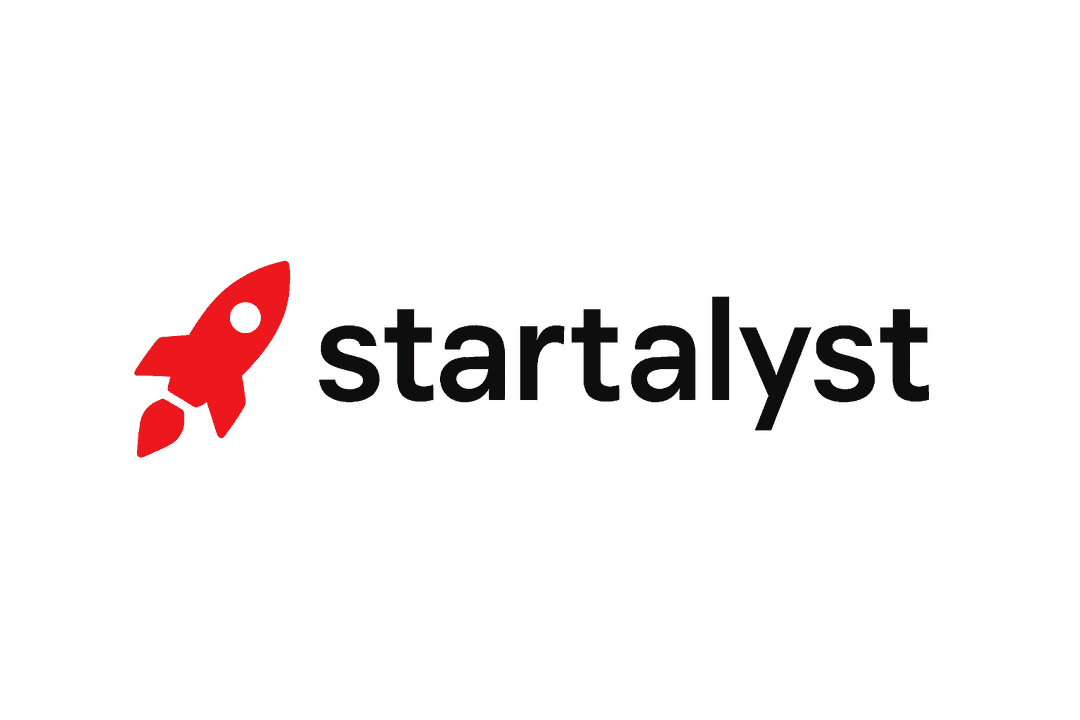Recession Proof Business Ideas Starter Guide
How to Get the Best Results
Pick recession proof business ideas that map to essential needs, predictable cash flow, and low fixed costs. Prioritize services people buy even when they tighten budgets, like maintenance, basic health, food, or legal and tax help.
Start small, validate with one or two paying customers, and build recurring arrangements before scaling. Track unit economics from day one so you know which ideas survive a downturn and which drag cash.
Step 1 — Who are you?
Choose the background that most matches your experience; that gives you a faster path to profitable recession proof business ideas. Below are common starting points and the core skill that turns each into an advantage.
- Former teacher — instruction design — you can build tutoring or upskilling programs that families and employers fund even in slow economies.
- Retail manager — inventory management — you can run lean essential goods microstores or fulfillment services with tight margins.
- Licensed tradesperson — repair and maintenance — you can offer emergency and routine services that customers prioritize over big purchases.
- Health worker — basic clinical care — you can deliver low-cost preventive or chronic care services that maintain steady demand.
- Accountant or bookkeeper — tax and cashflow planning — you can provide compliance and cost-saving advice that clients keep year-round.
- Chef or food prep worker — menu planning — you can start meal prep or essential food delivery that households rely on during lean times.
- IT support specialist — systems troubleshooting — you can run remote support or subscription maintenance for small businesses that cannot afford downtime.
- Marketing generalist — customer acquisition — you can package affordable lead-generation services for essential local businesses.
Step 2 — Add interests & skills
List the interests and specific skills you enjoy; combine those with your background to find resilient business ideas. Start each with a skill or interest so you can pair it quickly with the capital and hours you have.
- Home repair translates directly into steady demand because homeowners postpone replacements but not fixes.
- Child education converts into tutoring and enrichment programs that parents keep even when cutting other expenses.
- Cooking and meal prep works for subscription meal plans that save families time and cash during downturns.
- Vehicle maintenance supports a mobile repair or inspection service that people use to extend the life of their cars.
- Cleaning and sanitation becomes recurring contracts with residences and small businesses concerned with hygiene.
- Senior care becomes in-home assistance or errand services that families continue to fund for safety and stability.
- Bookkeeping creates steady monthly revenue from small businesses that need compliance and cashflow clarity.
- Gardening and landscaping fits low-cost maintenance packages that keep properties functional and sellable.
- Pet care becomes essential services like dog walking and basic vet liaison that owners maintain despite cuts elsewhere.
- Digital troubleshooting leads to subscription IT support for remote workers and small offices.
- Food preservation enables value-added products like pickles or soups that extend produce life and sell locally.
- Logistics coordination converts into last-mile delivery or procurement services for small retailers.
Step 3 — Set available capital
Match ideas to what you can invest up front. recession proof business ideas scale differently depending on whether you only have time, a little cash, or enough to buy equipment and run ads.
- ≤$200 — Focus on service-based offers that require only tools you already own, direct outreach, and low-cost listings to land paying clients quickly.
- $200–$1000 — Use this range to buy supplies, simple equipment, or a basic ad test to validate demand for subscriptions or recurring services.
- $1000+ — Invest in a small kit, a branded rollout, or software that automates billing and scheduling to scale essential services faster.
Step 4 — Choose weekly hours
Be realistic about how much time you can commit; recession proof business ideas must fit your schedule so you don’t burn out while testing demand.
- Under 5 hours — Offer high-value micro services like bookkeeping catch-ups or targeted consulting that charge per session.
- 5–15 hours — Run recurring services such as tutoring, meal prep, or part-time maintenance with a small regular client base.
- 15+ hours — Scale to weekly contracts, subscription models, or multiple clients that create predictable monthly income.
Interpreting your results
- Combine your background, interests, available capital, and hours to create a short list of 2–4 ideas that meet three tests: essential need, repeatability, and manageable overhead. If an idea fails any test, rework the offer until it passes.
- Prioritize recurring revenue models like subscriptions, maintenance contracts, or retainer fees because they stabilize cash flow in a downturn. One steady client is better than many one-off sales when the economy tightens.
- Use quick experiments: sell one pilot package, collect feedback, and measure retention and margins. Cheap tests reduce risk and reveal the true demand for your recession proof business ideas.
- Keep customer acquisition simple and local at first: community boards, existing networks, and referral incentives beat expensive marketing until unit economics are proven.
Use the generator above to combine your background, skills, capital, and hours into practical recession proof business ideas you can test this week.
